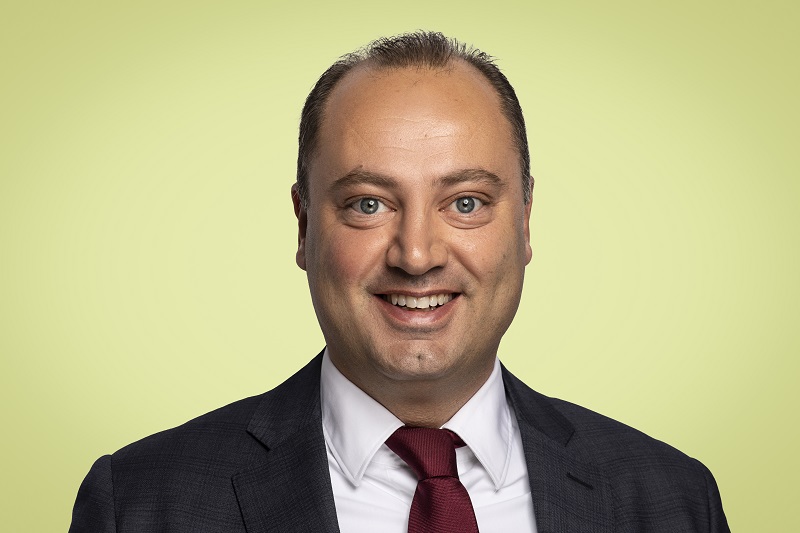The innovation box is one of the Dutch tax measures aimed at stimulating innovative activities. Using the innovation box, part of the profits stemming from intangible assets developed by your own company, is effectively subject to a reduced tax rate. If you develop an innovative product and use it to make a profit, (part of) this profit is taxed at a lower tax rate.
What are the tax benefits?
The innovation box is a special tax regime in the corporate income tax, offering a lower tax rate for certain profits. Profits in the innovation box are effectively taxed at a rate of just 9%, as opposed to the normal corporate income tax rates of 15% or 25.8%.
Example
You have developed a qualifying intangible asset, which has yielded innovative profits of EUR 400,000. These profits are taxed at a rate of 9%, rather than the normal Dutch corporate income tax rate of 15% or 25.8%. Thanks to the innovation box, you owe EUR 36,000 in corporate income taxes on these profits, rather than (up to) EUR 103,200. In this example, the application of the innovation box yields a tax benefit of (up to) EUR 67,200.
Flat-rate innovation box
The application of the innovation box involves certain administrative obligations. For example, it must be determined which profits are attributable to the innovative activities. If the administrative burden outweighs the potential benefits, you may instead apply the ‘flat-rate innovation box’. In that case, 25% of the profits (up to a maximum of EUR 25,000) is taxed at a rate of 9%. The flat rate can be applied in the year that the intangible asset is created and the two subsequent years.
We can help you explore the possibilities!
If you have profits from innovation, but you don’t yet use the innovation box, or if you have any questions about this special tax regime, our tax advisors would be happy to discuss the possibilities with you.
This content was published more than six months ago. Because legislation and regulation is constantly evolving, we recommend that you contact your Baker Tilly consultant to find out whether this information is still current and has consequences (or offers opportunities) for your situation. Your consultant will be happy to discuss the latest state of affairs with you.
Other insights
-
Minimum taxation Pillar 2: exclusions, safe harbours, and pitfalls
-
Pillar Two: How to prepare for the new minimum taxation
-
Pillar Two: Introducing a minimum level of taxation for multinational enterprises and large companies in 2024




